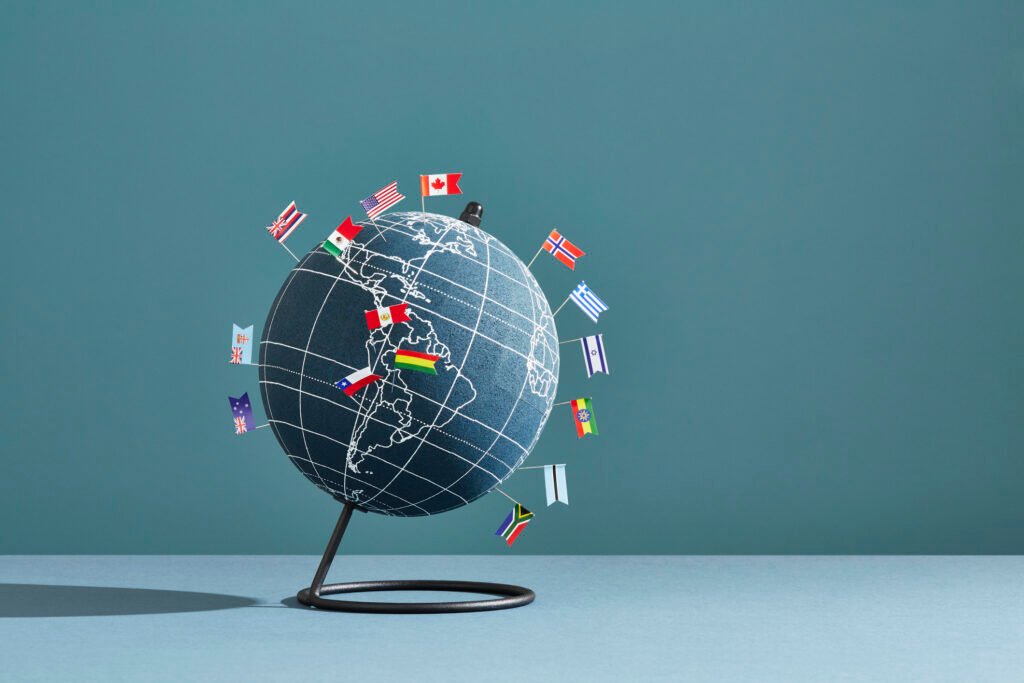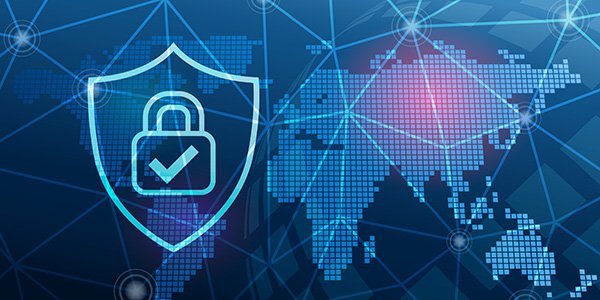In today’s data-driven world, protecting personal information isn’t just a legal obligation—it’s a business necessity. With the rise of digital transactions and global connectivity, governments around the world have introduced stringent data privacy laws to safeguard consumer information. The European Union’s General Data Protection Regulation (GDPR) set the global standard, prompting countries like the U.S. (California’s CCPA), Canada (PIPEDA), and Brazil (LGPD) to follow suit.
Failure to comply with these laws can lead to serious consequences, including steep fines, loss of consumer trust, and reputational damage. As privacy expectations grow, businesses must proactively adopt robust data protection measures. This blog explores the value of data privacy compliance, key challenges, and how expert solutions can support your organization’s efforts.
Why Compliance with Data Privacy Laws Matters
-
Boosting Customer Trust and Brand Image
Modern consumers are increasingly privacy-conscious. Demonstrating compliance with regulations like GDPR shows your commitment to safeguarding personal data. This builds trust and encourages customer loyalty—an invaluable asset in competitive markets.
-
Avoiding Fines and Legal Risks
Non-compliance can be costly. GDPR violations can result in penalties up to €20 million or 4% of global revenue. In recent years, tech giants have paid massive fines for privacy breaches. Staying compliant shields your business from such financial and legal threats.
-
Enhancing Data Security Standards
Privacy laws encourage strong data security frameworks—encryption, limited access, and regular audits are often required. These controls not only ensure legal compliance but also reduce the risk of cyberattacks and data breaches.
-
Accessing Global Business Opportunities
In international markets, data protection compliance is often a prerequisite for partnership. Demonstrating adherence to regulations like GDPR or CCPA can give you a competitive edge and open new growth channels.
Case Study: How GDPR Compliance Boosted E-Commerce Sales
A multinational e-commerce brand faced hurdles aligning with GDPR due to a complex data infrastructure. By introducing consent management tools, encryption, and detailed data mapping, the company achieved full compliance—and experienced a 15% increase in sales across Europe in under a year.
The Challenges of Global Privacy Compliance
- Multiple, Evolving Laws
Different regions enforce distinct privacy rules. For example, a global firm may need to comply with GDPR for EU users and CCPA for California residents—each with specific requirements.
- Cross-Border Data Transfer Issues
Transferring personal data internationally often involves legal complexities. Under GDPR, mechanisms like Standard Contractual Clauses (SCCs) or explicit consent are required when sending data outside the EU.
- High Administrative Burden
Privacy laws often mandate recordkeeping, data audits, and the appointment of Data Protection Officers (DPOs). These ongoing tasks can overwhelm teams without dedicated legal or IT expertise.
- Technical Integration and Controls
Implementing security tools such as encryption, access restrictions, and multi-factor authentication is essential—but integrating these solutions across systems without disrupting operations can be challenging.

Case Study: Streamlining CCPA Compliance for a Tech Startup
A California-based startup struggled with CCPA’s data access request requirements. By adopting an automated Data Subject Request (DSR) platform, the company reduced response times from 30 to 5 days—streamlining compliance and minimizing risk.
How Security Partners Make Compliance Easier
Partnering with cybersecurity and compliance experts can transform your data privacy journey. Here’s how:
- Professional Audits and Risk Assessments
Specialized teams conduct in-depth compliance audits to identify vulnerabilities and offer actionable recommendations.
- Custom Compliance Frameworks
Experts create tailored privacy policies aligned with multiple regulatory requirements—GDPR, CCPA, LGPD, and more—ensuring consistent compliance globally.
- Automated Consent and Data Management
Modern tools simplify consent tracking, policy updates, and user access requests—reducing manual labor and enhancing accuracy.
- Real-Time Monitoring and Incident Response
Advanced monitoring solutions detect suspicious activity or potential violations, allowing for immediate action to mitigate risks.
Case Study: AI-Driven GDPR Compliance in Healthcare
A healthcare provider in Europe used an AI-powered platform to manage sensitive data securely. As a result, they achieved full GDPR compliance and reduced processing errors by 40%, improving both security and efficiency.
Conclusion: Privacy Compliance as a Business Imperative
Complying with global data privacy laws is no longer optional. It’s a core aspect of responsible digital business. From boosting trust and security to avoiding costly penalties, the benefits of compliance are clear. But navigating the complexities of evolving regulations calls for a strategic, well-supported approach. Let our expert solutions help you stay ahead of regulations while safeguarding your brand. Contact us today to start your journey toward global privacy excellence.




